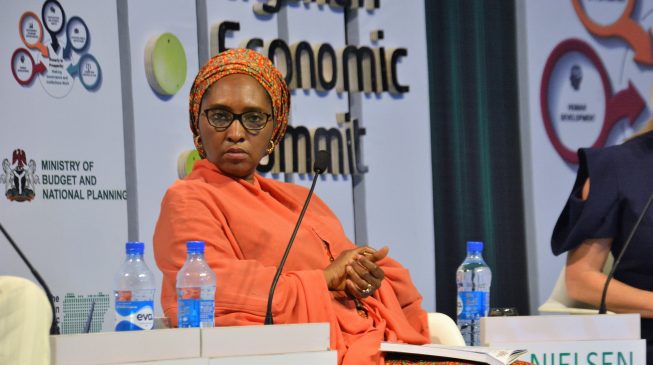×
The Standard e-Paper
Smart Minds Choose Us

LAGOS- Nigeria raised $2.86 billion in Eurobonds on Wednesday across three maturities, to help fund its budget deficit, in a sale that was three times oversubscribed, the government said.
It priced the bonds with maturities of seven, 12 and 30 years at 7.625 percent, 8.75 percent and 9.25 percent, respectively.